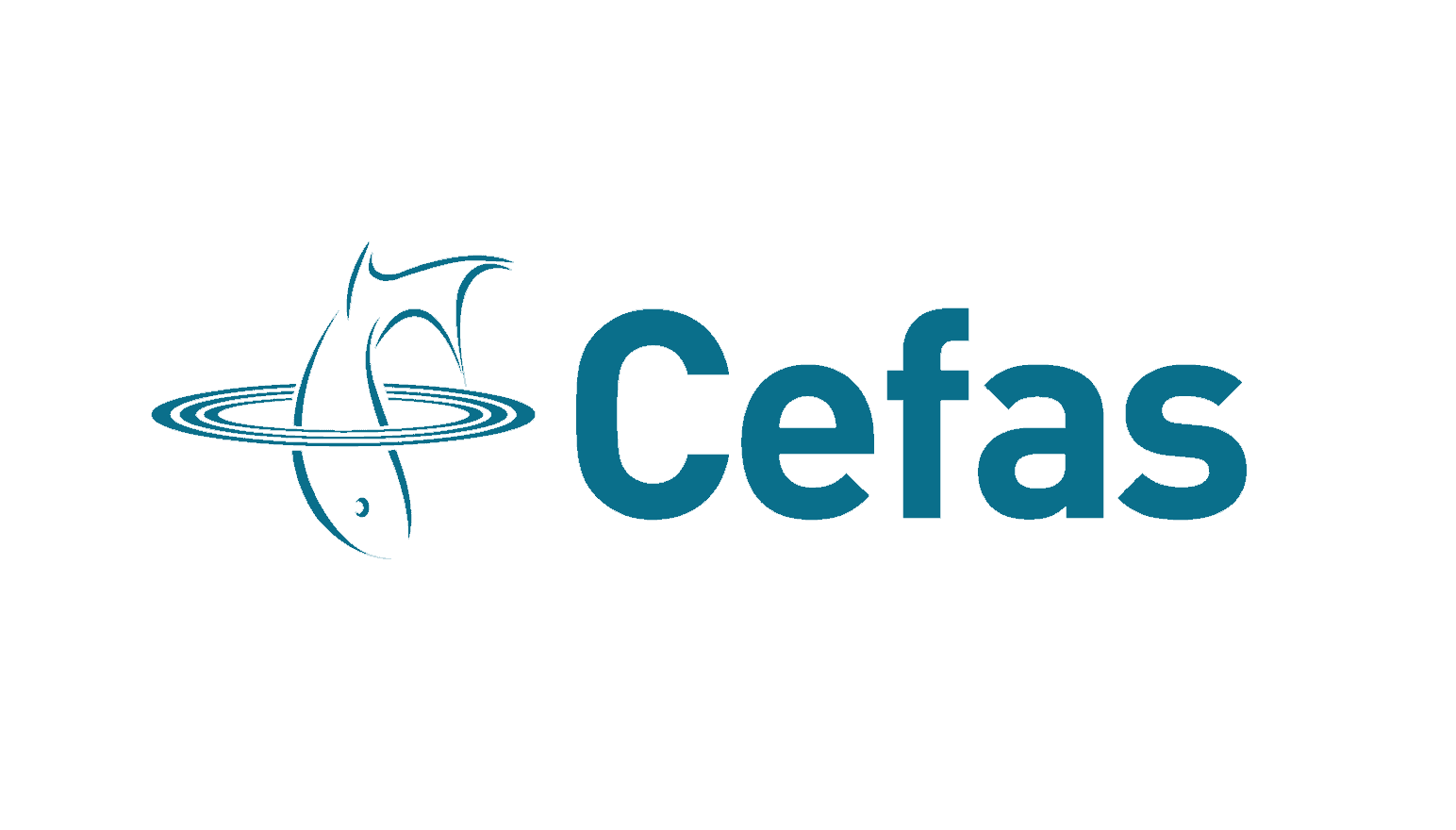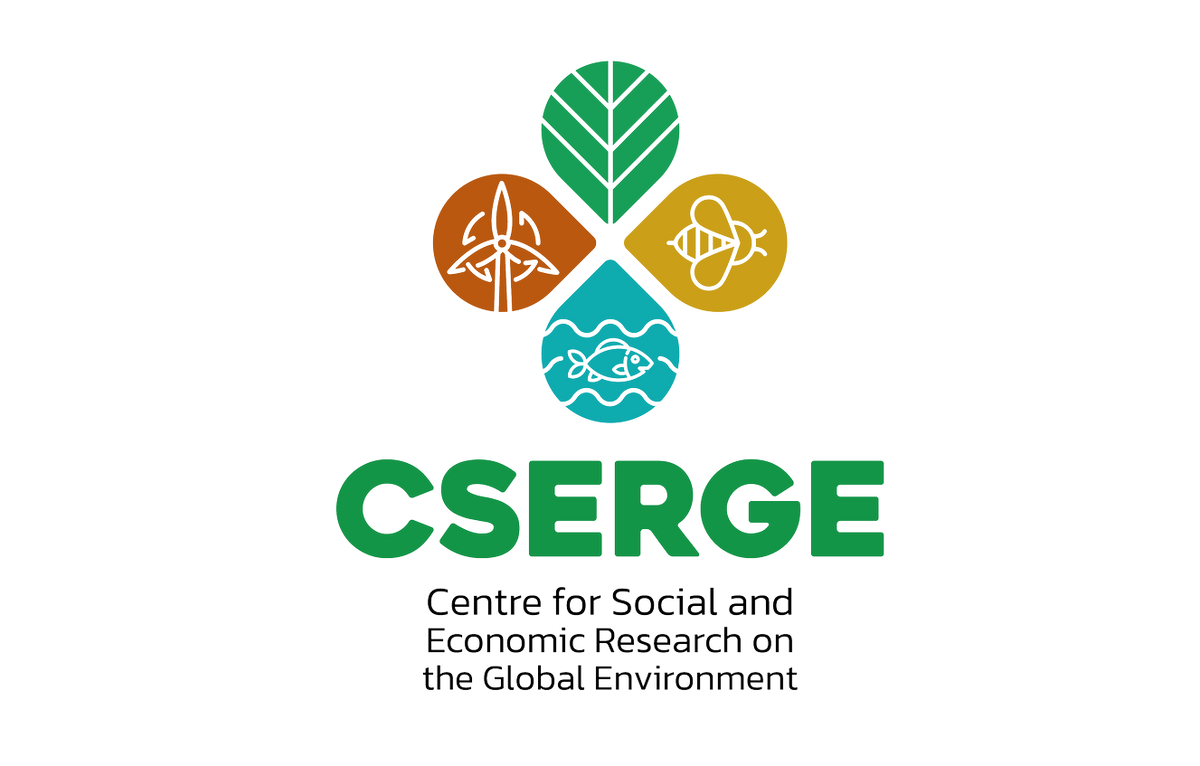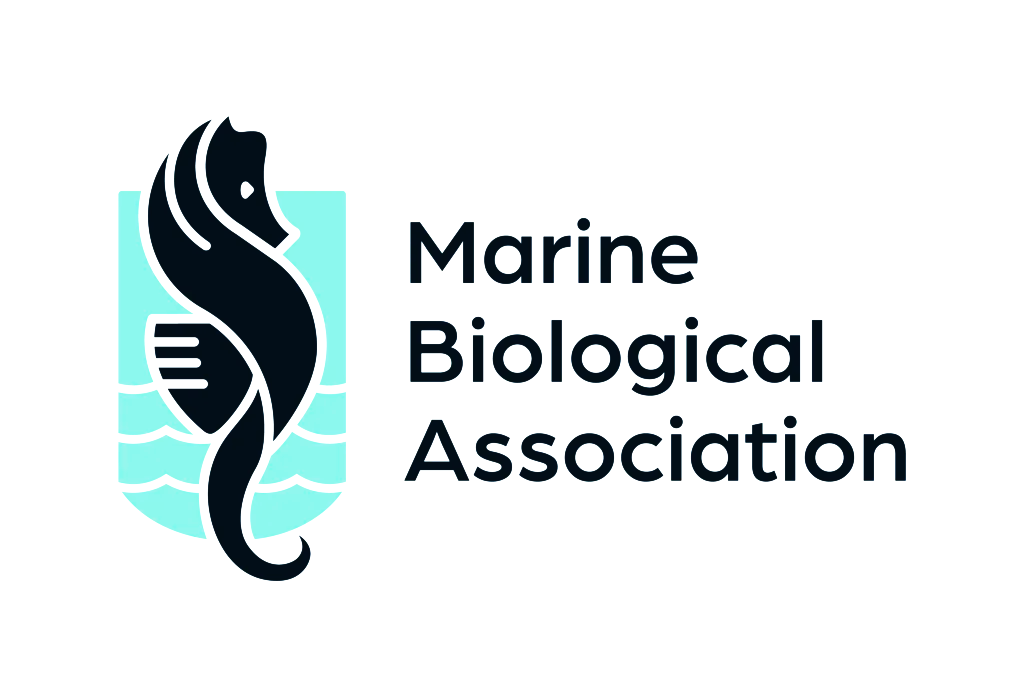Project title: From Catch to Kitchen: Learning from Recreational Anglers to Diversify UK Seafood Choices
Primary supervisor: Dr Rosalind Bark (University of East Anglia)
Second supervisor: Dr Silvia Ferrini (University of East Anglia)
University: University of East Anglia
SENSS Theme: Sustainability and Climate Emergency
Collaborative partner: Centre for Environment, Fisheries and Aquaculture
Science (Cefas); Marine Biological Association (MBA)
Collaborative partner supervisor: Dr Kieran Hyder (Cefas); Dr Paula Schiefer (Cefas); Dr Bryce Stewart (MBA)
Degree structure: The structure of the studentship offered will depend on your personal training needs. However, the minimum duration of a SENSS-funded studentship will be 3.5 years: this covers a PhD and a mandatory placement of approximately 3 months. The maximum duration of a studentship will be 4.5 years: this covers a Masters degree followed by a PhD, as well as the mandatory 3-month placement.
Project aims and objectives
The research aims to develop new knowledge and pathways to impact in three ways:
1. Combining two secondary datasets, one on UK consumers’ attitudes to fish consumption and their fish preferences with a second dataset of recreational anglers’ catches, will deliver new insights on fish preferences, regional heterogeneity, and socio-demographic drivers of preferences.
2. Exploring how ocean literacy and connectedness to marine ecosystems influences recreational angling behaviour and UK consumers’ willingness to try a greater diversity of fish.
3. Designing targeted interventions, including science communication, informed by insights from analysis of recreational anglers, to diversify fish consumption in the wider UK public.
Key objectives for this collaborative PhD project include:
1. Analyse secondary datasets using advanced statistical techniques (e.g., propensity score matching) fish consumption preferences by income level, distance to coast, Index of Multiple Deprivation (IMD), number of fishing trips, targeted species, etc.
2. Overlay data analysis of secondary datasets with additional data, e.g., on regional fish landings and density of recreational anglers.
3. Based on findings from 1. and 2. design data qualitative collection (e.g., recreational angler survey, focus groups, interviews) and collect and analyse data, to explore how connectedness to the marine environment influences willingness to make more diverse and sustainable fish choices focusing on the behaviour of recreational anglers.
4. Design and test targeted interventions, including science communication strategies to reach the wider UK population to support fish diversification to encourage seafood choices more aligned with local availability.
5. Contribute to dissemination of research findings through academic publications, workshop and conference presentations, policy briefs, and social media.
Project background
This fully funded PhD offers an exciting opportunity to address a pressing sustainability challenge: how to diversify fish consumption. The UK is an Island nation and UK fishermen land a wide diversity of species, but most of these are exported. This is because the UK public consume a very narrow range of fish species, most of which are imported. This trade mismatch is consequential; consumers are vulnerable to external shocks (climate, price volatility, war), emissions associated with fishing are higher, and small, local fisheries and the communities that rely on them are declining. Researching this topic and designing interventions is both timely and critical.
In contrast to the UK public, recreational anglers catch and eat more seafood and a much wider range of species. Therefore, understanding their preferences, including for fish preparation and cooking, offers a unique opportunity to explore and design interventions, including science communication, to diversify the fish consumption habits of the wider UK public towards a healthier and more sustainable seafood diet.
The PhD, through combining fisheries science and social sciences with strong collaborative partnerships between the University of East Anglia (UEA), the Centre for Economic and Social Research for the Global Environment (CERGE), the Centre for Environment, Fisheries and Aquaculture Science (Cefas), the Collaborative Centre for Sustainable Use of the Seas (CCSUS), and the Marine Biological Association (MBA), the successful PhD candidate will gain relevant skills and their research will make a real world impact on UK policy.
PhD applicants from a wide range of backgrounds are encouraged to apply (e.g., marine sciences, environmental economics, environmental sciences). In this interdisciplinary PhD you will explore how social, cultural and regional factors shape attitudes toward seafood consumption and how targeted interventions, based on understanding of fisheries and science communication can encourage dietary shifts towards more diverse, nutritious, and sustainable fish choices. Training will be provided in fisheries science, advanced data analysis, R coding, science communication, and social science research methods.
Training opportunities
A comprehensive package of training will be agreed in consultation with the supervisors. Elements of training will be provided by the supervisors, the collaborative partners Cefas, and MBA, and by other providers.
The student will join a thriving interdisciplinary research environment at UEA’s School of Environmental Sciences and CSERGE, benefit from close collaboration with Cefas researchers through the CCSUS, and gain hands-on experience with MBA-led fisheries and community engagement initiatives in the South West of England. The successful candidate will receive extensive training from the three institutions, equipping them well for a future career in academia, consultancy, policy or research. A comprehensive package of training will be agreed in consultation with the supervisors (UEA/CSERGE) and Collaborative Partners (Cefas/CCSUS, MBA), with training in:
Quantitative methods – advanced statistical analysis, data coding in R (UEA/CSERGE).
Qualitative methods – survey, focus groups, interviews, and social science research design (UEA/Cefas).
Fisheries science and policy – through collaboration with Cefas and a 3-month placement at the Marine Biological Association, with opportunities to engage with cutting-edge marine science and fisheries initiatives.
Policy engagement and science communication – utilising Cefas’ strong links with Defra and other marine organisations and MBA’s expertise in science communication to translate research into practice and policy impact.
Optional auditing of UEA research modules – opportunity to augment social science research design and methodology skills and quantitative methods by auditing UEA modules on Research Skills (ENV-7119Y) and Modelling for Scientists Using R (ENV-7033B).
An integrated three-month placement will take place at the Collaborative partner. The final details of the placement will be discussed with the successful applicant.
Essential and/or desirable attributes/skills
Essential
Evidence of independent research skills
Ability to communicate social science research and engage critically with existing scholarship
Ability to work with external partners and other stakeholders
Ability to develop an understanding of complex problems and apply in-depth knowledge
Ability to communicate complex information effectively, both verbally and in writing
Capable of sustaining research at the doctoral level and within the required length of candidature.
A BSc degree or equivalent qualification or equivalent experience in environmental social science, environmental economics, marine/fisheries science, with experience with social science research methods.
Desirable
Experience of qualitative research methodologies, e.g., surveys
Experience of working with and analysing datasets both quantitative and qualitative
Experience of working with or undertaking research on campus and with students, and with fishermen
Experience with science communication, e.g., written and events
Be motivated to work on interdisciplinary, policy-relevant social science research.
Be excited to work with academic and non-academic partners to achieve real-world impact on food security and sustainable fisheries in the policy field.
Experience or interest in science communication and/or academic events.
A MSc degree or equivalent qualification or equivalent experience in environmental social science, environmental economics, marine/fisheries science, with experience with social science research methods.
Studentship details
Studentships are advertised as being between +3.5 and +4.5-year (1+3.5, 2+2.5, +4.5) awards. The standard length of an ESRC-funded studentship is +3.5. This includes the standard +3 PhD, plus an +0.25 (one term) for the integrated placement which you must take as part of your studentship, and a further additional +0.25 (one term) to enable you to undertake training relevant to your research project (including career progression). All studentships are offered on either a full-time or part-time basis.
The studentship award covers your university fees and provides you with a stipend of £20,780 per year. You will also be able to apply for additional funding via the SENSS Research Training Support Grant to support your training needs.
Residential eligibility
All applicants, whether Home or International, are eligible for a full award, that is, you will receive a stipend (salary) and you will not have to pay any university tuition fees during your studentship award.
How to apply for this studentship
To be considered for this funding, you must first apply to SENSS for this collaborative studentship. Please read the SENSS Collaborative Studentship Application Guidance Notes before completing our online application form. The Guidance Notes are available here.
If your application is successful, you will need to make a separate application for a place to study at University of East Anglia, your host University. You will be provided with a link with information on how to make your application to University of East Anglia once you have been offered a SENSS studentship.
Deadline:
The deadline for submitting your application for SENSS funding on HEIApply is 12:00 GMT on Monday 16 February 2026. No extensions to this deadline will be permitted.
For further enquiries:
For enquiries about this research project, please email Dr Rosalind Bark, University of East Anglia (r.bark@uea.ac.uk)
For enquiries related to your eligibility for this studentship, and/or the application process, please email: (SENSS UEA Operational Lead, Dr Shaun Bradshaw, Shaun.Bradshaw@uea.ac.uk).
The likely interview date for this project is 13 March 2026.




